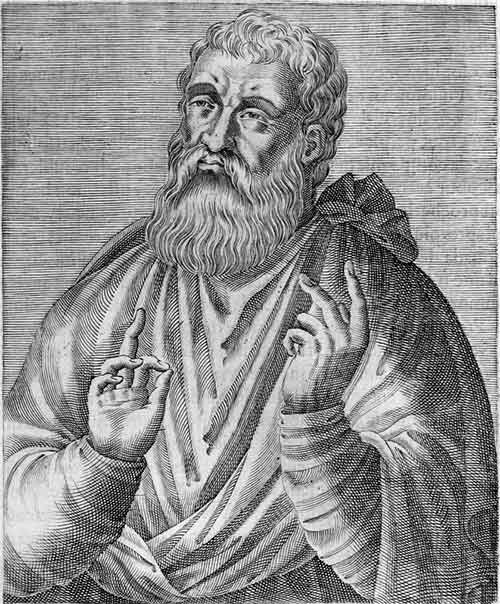
1 June is the feast day of Justin Martyr, so this week is a good time to read through some of his writings – especially in relation to early church worship. [That his feast day this year was replaced by the Visitation of the Blessed Virgin Mary to her cousin Elizabeth would probably not have upset him, knowing the importance of the BVM to his writings].
Justin was born in Samaria, and became a Christian about 130 AD. He was martyred in about 165 AD.
You could read Chapters 41, 70, and 117 of his Dialogue. Dialogue 41, like the Didache, quotes Malachi to describe the Eucharist as a sacrifice of the bread and the cup. That understanding is picked up in Chapter 117.
You could read in his First Apology (13:2; Chapters 65-67), which he wrote about 150 in Rome. From the two Eucharists described there (which are the earliest surviving accounts of the Eucharist), we have an outline:
- Readings from the apostles or prophets
- Homily on the readings by the presider
- Prayers (standing)
- Kiss of Peace
- Presentation of bread and wine mixed with water
- Prayers and thanksgivings by the presider, concluded with the people’s “Amen”
- Distribution of the elements by the deacons
There is no indication that the story of the Last Supper formed part of the Eucharistic Prayer at this stage.
And this food is called among us Εὐχαριστία [the Eucharist], of which no one is allowed to partake but the man who believes that the things which we teach are true, and who has been washed with the washing that is for the remission of sins, and unto regeneration, and who is so living as Christ has enjoined. For not as common bread and common drink do we receive these; but in like manner as Jesus Christ our Saviour, having been made flesh by the word of God, had both flesh and blood for our salvation, so likewise have we been taught that the food which is blessed by the prayer of His word, and from which our blood and flesh by transmutation are nourished, is the flesh and blood of that Jesus who was made flesh. For the apostles, in the memoirs composed by them, which are called Gospels, have thus delivered unto us what was enjoined upon them; that Jesus took bread, and when He had given thanks, said, “This do ye in remembrance of me, this is my body;” and that, after the same manner, having taken the cup and given thanks, He said, “This is my blood;” and gave it to them alone.
Chapter 66


